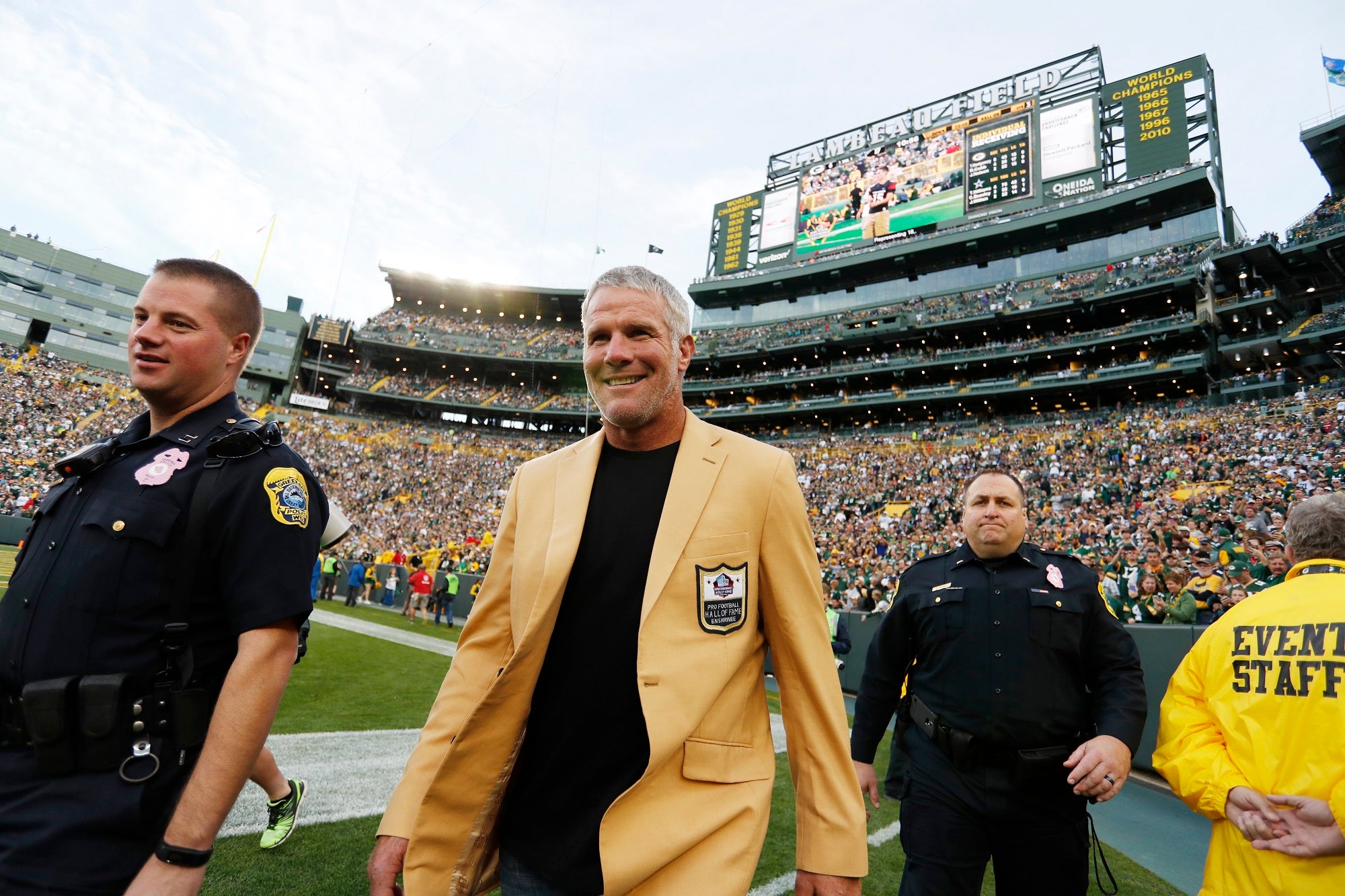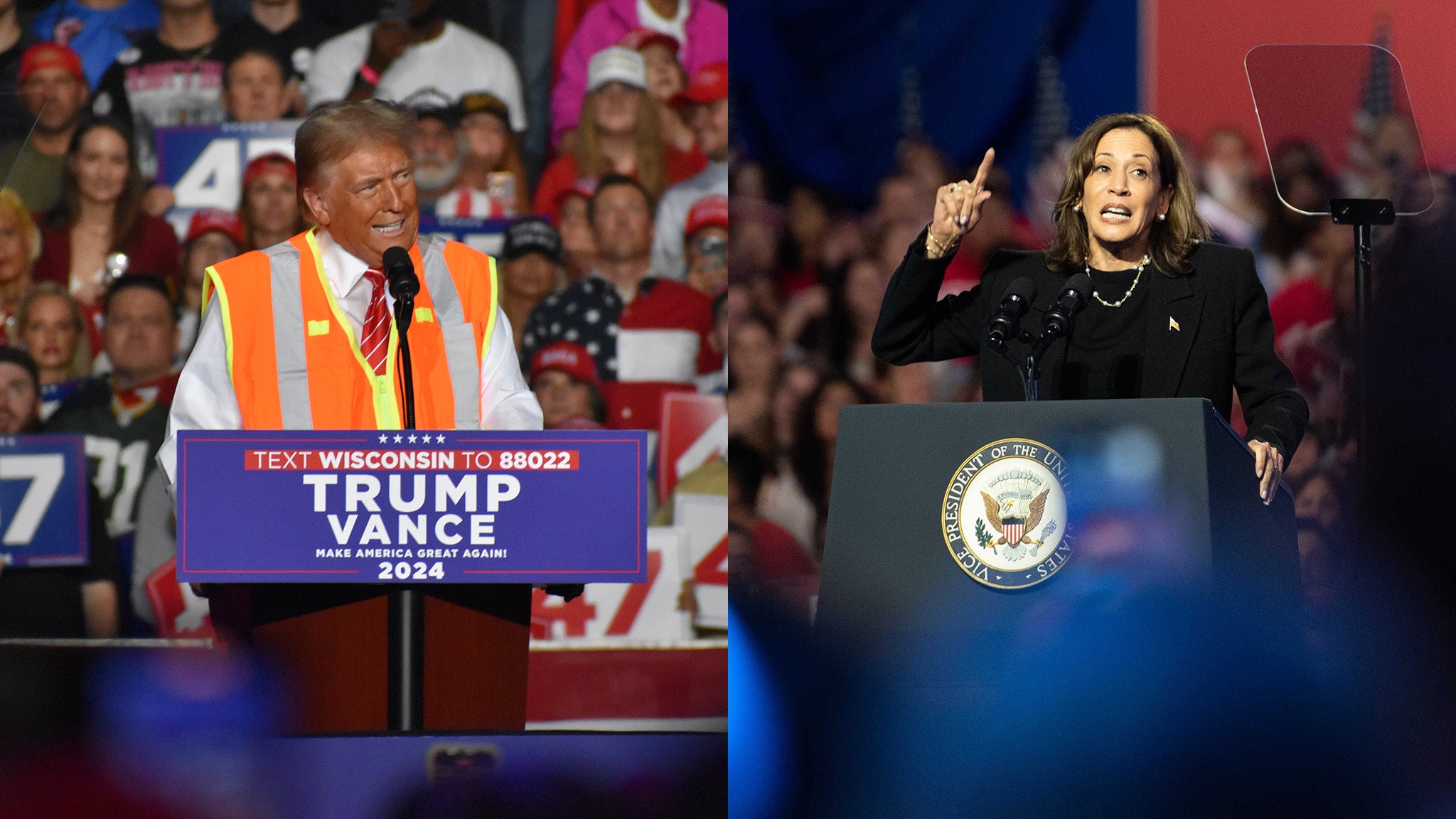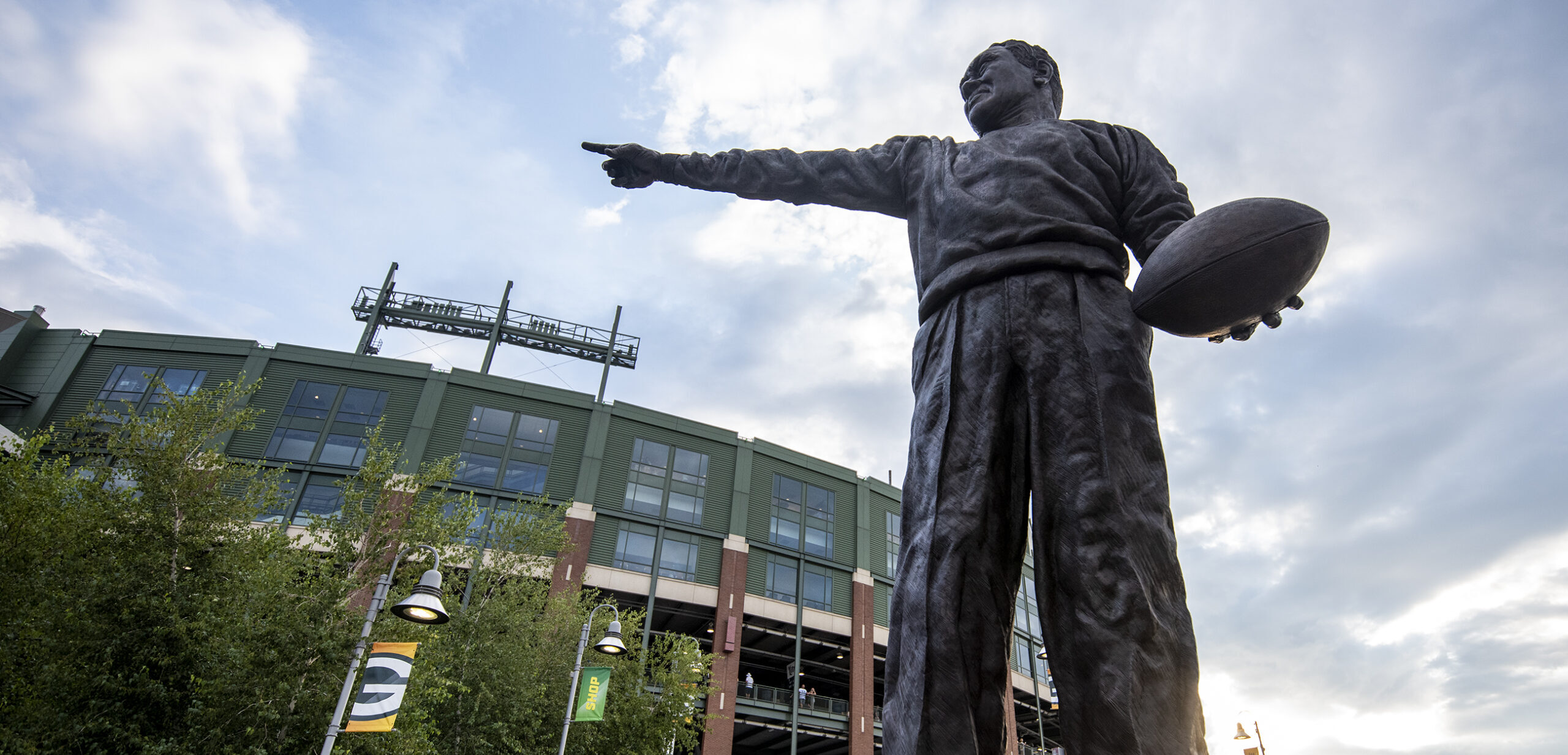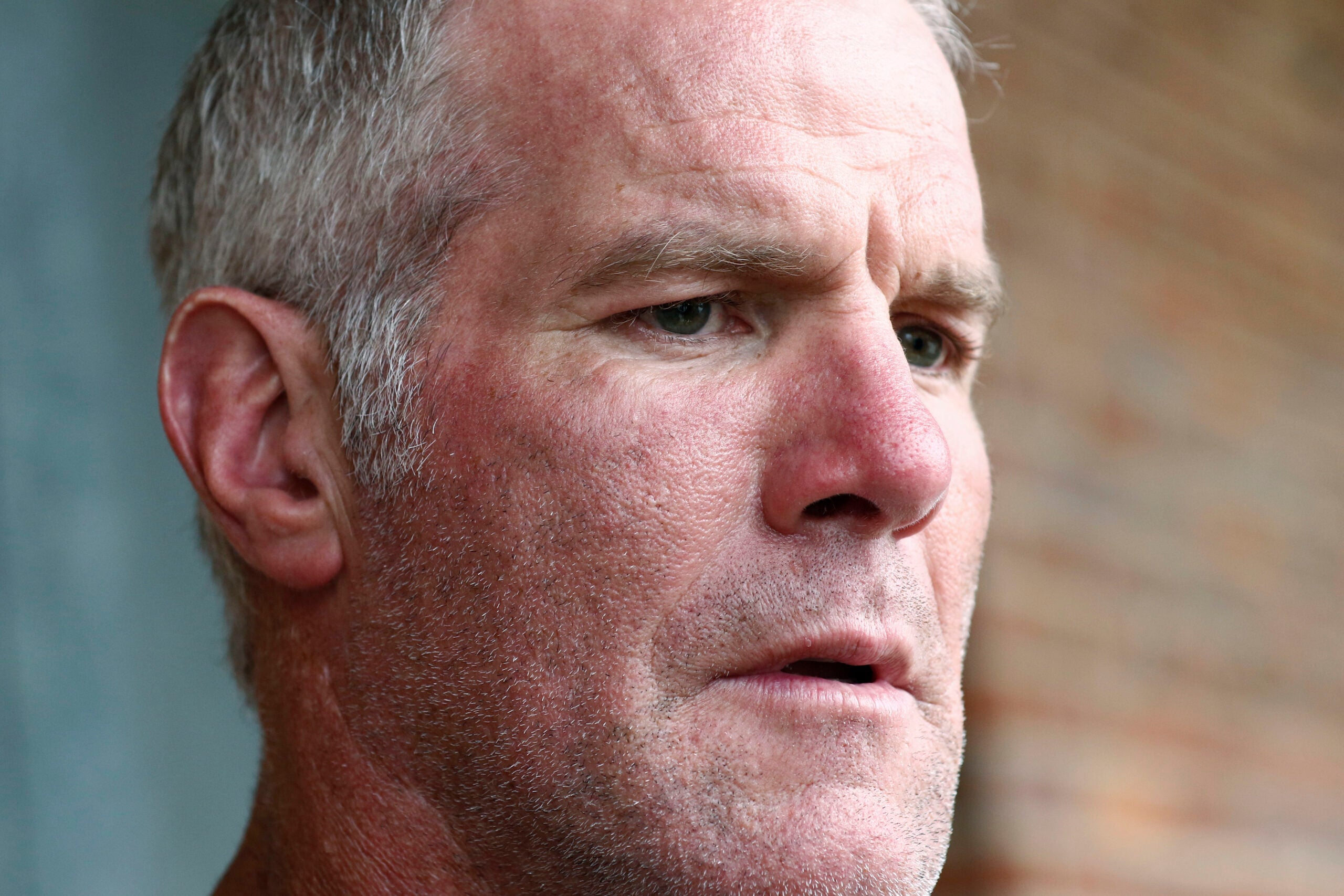For more than two years, former Green Bay Packers quarterback Brett Favre has been ensnared in a Mississippi scandal, accused of using federal money intended for poor families to build a volleyball stadium at his alma mater, the University of Southern Mississippi.
Favre’s involvement in the scandal has continued to unfold this year, making state and national headlines as text messages and other documents became publicly available and authorities took new steps in court.
For an overview of the allegations against Favre, Wisconsin Public Radio’s “The Morning Show” recently interviewed Anna Wolfe, the reporter who broke the scandal for Mississippi Today, a nonprofit news organization.
News with a little more humanity
WPR’s “Wisconsin Today” newsletter keeps you connected to the state you love without feeling overwhelmed. No paywall. No agenda. No corporate filter.
Favre has not been charged with a crime. Wolfe said he is accused in a civil suit filed by the U.S. Department of Human Services of lying about what money would be used to build the stadium.
“Favre had actually personally committed $5 million or however many millions to build this volleyball stadium. And instead of paying for it himself, he solicited the money from other areas, including the welfare department,” Wolfe said.
Wolfe talked with host Kate Archer Kent about what Favre is accused of, what role he plays in the larger scandal and where the money came from that built the volleyball stadium at his old school.
This interview has been edited for brevity and clarity.
Kate Archer Kent: How has former Packers quarterback Brett Favre become a central figure in Mississippi’s welfare scandal?
Anna Wolfe: Back in 2020, the auditor’s office had done an investigation and arrested six people in connection with the embezzlement of these welfare funds from a federal program called Temporary Assistance for Needy Families. At that time, we were able to connect Brett Favre to the scheme because the indictments listed a company that had received some of this money.
It didn’t take too much research to find that Brett Favre was kind of a spokesperson for this company called Prevacus, a pharmaceutical company. And so we requested emails from the Department of Human Services — the welfare department — that referenced Brett Favre and found that he was actually meeting with the governor and welfare officials regarding getting grant funds to this company that eventually ended in criminal indictments for a few individuals.
After that, we realized that welfare money had actually also gone to a volleyball stadium at University of Southern Mississippi, his alma mater, and where his daughter played volleyball. And we were able to tie that back to him. And this was again back in 2020. The auditor then included Brett Favre in his audit report that came out in May of 2020, finding that he had actually also received $1 million himself to do kind of promotional activities, radio ads, that kind of thing for the welfare program.
KAK: You mentioned TANF, the Temporary Assistance for Needy Families. Why is this money vulnerable to manipulation?
AW: Temporary Assistance for Needy Families is the program that a lot of people would recognize as the welfare check. It provides direct cash assistance to very, very poor families.
It was created in the ’90s during welfare reform under (then-President) Bill Clinton. And at that time, when they wrote it into law, their idea was that states should have broad flexibility to spend this money. It’s a block grant (to spend) any way that they see fit to help people in poverty.
It doesn’t have to go to cash assistance. It can go to other kinds of anti-poverty programs like parenting classes or teen pregnancy prevention or fatherhood programs.
You kind of saw in Mississippi and in other states that over time, the goals of the program kind of got distorted. Officials found that they could spend the money on these other ancillary things that might make their politically connected cronies happy.
KAK: Like a volleyball stadium.
AW: Like a volleyball stadium. Exactly.
KAK: You look at these text messages suggesting that the former Mississippi governor, Phil Bryant, helped Brett Favre gather these federal dollars for this volleyball stadium at the very college where Favre’s daughter played. Does Favre realize what this money is and that it’s not for volleyball stadiums?
AW: That’s a good question. That’s something that I’ve been asked a lot: “Did Favre know that this is TANF money?” And my response to that is, “Do we think that Favre knows what TANF is?”
What is important is that he knew that he had to kind of finagle the purpose of this grant and the purpose of this building in order to satisfy federal regulations. They couldn’t just say it was a volleyball stadium. They were calling it a wellness center. And they said that the building was going to serve underprivileged families by holding rallies and maybe having some office space in the building where people could come get services.
But all of those ideas were kind of vague and fuzzy and clearly not intentional and not the purpose of helping families, but of building this volleyball stadium that Brett Favre wanted to see at his alma mater.
Wisconsin Public Radio, © Copyright 2025, Board of Regents of the University of Wisconsin System and Wisconsin Educational Communications Board.






